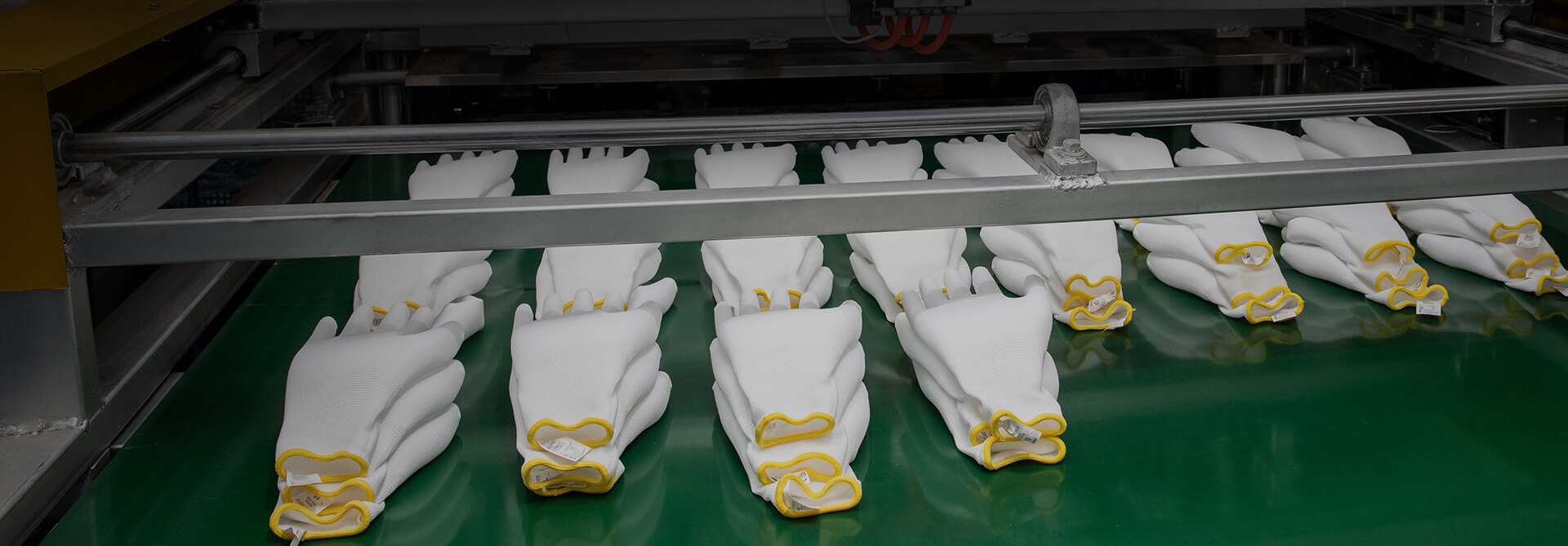Safety gloves have come a long way since the start of the century. New technology has changed the way that we protect our hands, and as technology has progressed, there have been significant changes in the materials that we use to protect our hands too.
Nowadays most gloves are coated in polyurethane, nitrile, or latex, so it's important to know which is which and why each coating is used. Below we analyze each coating, I hope to help you with your choice.
Latex-coated gloves are reliable and cost-efficient PPE. They are fantastic in dry environments, offer superb grip, and they are incredibly durable, with the thicker coating protecting well against abrasion and other risks. The grippy design is ideal for handling things like glass and sharp metals, barbed wire, steel and other similar materials.
Overall, a latex coating is fantastic for dry tasks when a high level of grip is demanded.
If you're working with oil, with water, or in hot and sticky conditions, think nitrile. Foam nitrile offers fantastic resistance to oil and water, with its sticky design soaking up slippery substances even when working with flat surfaces. The material provides superb grip, making it a perfect choice for things like mechanics and engineering tasks.
We think PU coating is a little underrated, it generally offers the same oil, water and chemical resistance as nitrile, however comes with far more dexterity and flexibility when you need it most. It isn't particularly more expensive either, partly because polyurethane is naturally grippy, and doesn't require any special manufacturing process to make it more sticky. It performs well in the wet, well in oil and well with chemicals. It is slightly less grippy in the dry than latex, and the lighter more flexible material doesn't last as long as a latex or nitrile glove.
Ningbo GG Safety Products Co., Ltd. as a professional safety gloves factory produced more than 80 million pairs of gloves. Committed to producing various types of gloves, we can also provide you with customized services. For more details, please continue to follow us.



